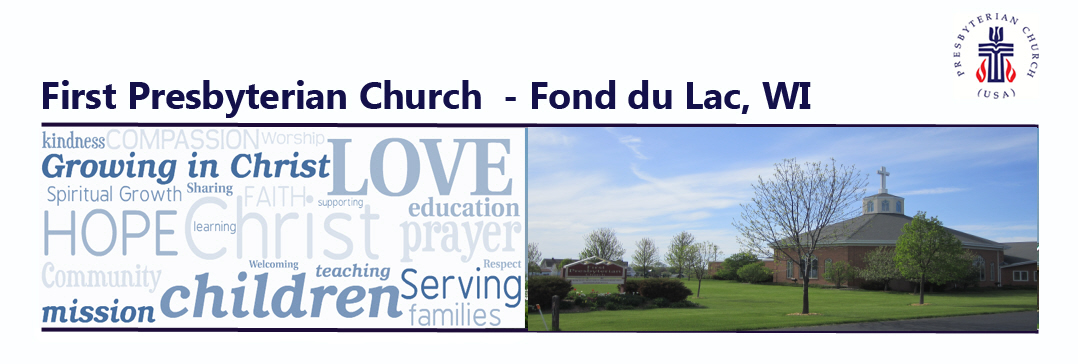Hebrews 10:35-11:3
This summer we want to examine something that often we prefer to avoid – “When faith becomes messy.” For a lot of people faith is like a lucky charm, intended to ward off evil. If we offer the right sacrifices to God and say the right things then bad things will happen to other people and we won’t have to worry. Unfortunately that’s not what most of us experience over the course of our lives. Most of us have times when we find ourselves in faith with a dirty job.
By dirty job I don’t necessarily mean physically dirty, though sometimes they are messy. What I mean is the type of situation we would like to avoid; the type of thing that we prefer not to have to become involved. For example one family has gone through the dirty job of intervening with a family member who has become unable to live independently. One member of the family ends up having to take the especially dirty job of becoming the voice of reality and reason in the midst of avoidance and denial. “Aunt Flora is just having a few bad days; she’s gotten along fine all of these years she just needs a little help.” In the mean time hard choices have to be made and even harder conversations need to take place. As Christians we go about these conversations with love and humility – which is particularly hard when being open, creative, and flexible has to be coupled with being reasonable. In the midst of these situations there is very little control over the situation. There are often more than enough opinions and points of view; plenty of empty promises from people in the periphery, and the occasional angel in human flesh who provides help out of nowhere. But part of what makes it “dirty” is there is not much in the way of predictability or control. People will tell you, “take time for yourself” but not offer their own time to help. People will tell you what you should do, but ultimately when faced with a dirty job, people often find themselves feeling very alone.
So how do we handle the dirty jobs which come our way? Some people are of such a unique character and manner of faith they actually take on dirty jobs as vocations. Caregivers, teachers, law-enforcement officers, and many other servants joyfully offer their gifts to do dirty jobs such as offering care to people who are suffering, guidance to those who are in need of direction, and support for those who are weak. How do people in these roles remain healthy and capable in those roles?
One of the important factors to surviving and even thriving in the midst of dirty jobs is humility. Humility is more than simply trying to look good when we are covered with filth. Humility is a lifestyle, a mindset that comes through faith. A person who is truly humble doesn’t get that way by lowering themselves; humility is accomplished by raising everyone else. If you see Christ in each person that you are serving, then you are Christ’s chief servant – and there isn’t a higher position to be had. But how do we obtain humility? There seems to be a lack of understanding that humility doesn’t just happen. Our self-discipline helps in developing humility but can only take us so far. Humility is a discipline and has to be developed over time.
We will be focusing on spiritual disciplines and practices that help to create humility and make the most of it. The process of developing humility is a daily practice and for those who work to develop this gift, it becomes a source for peace and clarity in the midst of difficulty.
A gardener once said: “Compost Occurs” or at least something like that. Dirty jobs happen. Some by choice others because of circumstances in which we find ourselves. We will be taking some time to learn how to live joyfully and grow in these highly fertile times of life.
Peace,
Pastor Jack
